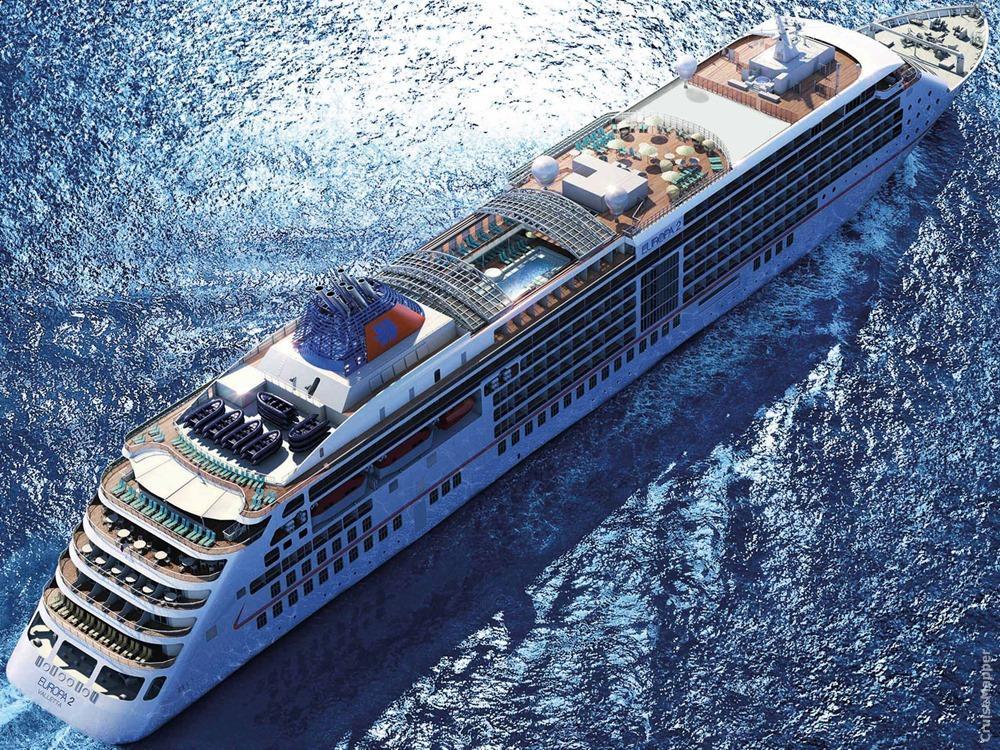From July 2020 onwards, Hapag-Lloyd Cruises fleet will use only cleaner fuels (LS-MGO / low sulfur marine gasoil / content of 0.1%), thus significantly reducing the emissions of its vessels.
Via transitioning to the low-pollutant fuel, the sulphur emissions of Hapag-Lloyd Cruises’ vessels will be cut by 80%. The switch to marine gas oil also means a reduction in soot and particulates of up to 30%.
In 1993, the company stopped using heavy fuel oil while sailing in the Arctic of its own volition and uses just marine gas oil with a max sulphur content of 0.1%. At the start of 2019, Hapag-Lloyd announced its decision "to transition gradually and stop using heavy fuel oil in its expedition fleet in future."
All of the new ships of Hapag-Lloyd Cruises, including ms Europa 2 and the new expedition class, are now compatible with cold ironing and have been fitted with SCR (selective catalytic reduction) catalytic converters. The converters lower nitrogen oxide emissions by up to 95% and clean exhaust gases.

The global routes will be carried out with an average speed which is environmentally-friendly, cutting fuel consumption by over 30%. The fleet of Hapag-Lloyd Cruises is also equipped with seawater desalination technology to produce clean water, and with biological sewage treatment plants. Its bow thrusters and stabilisers run on bio-petroleum.